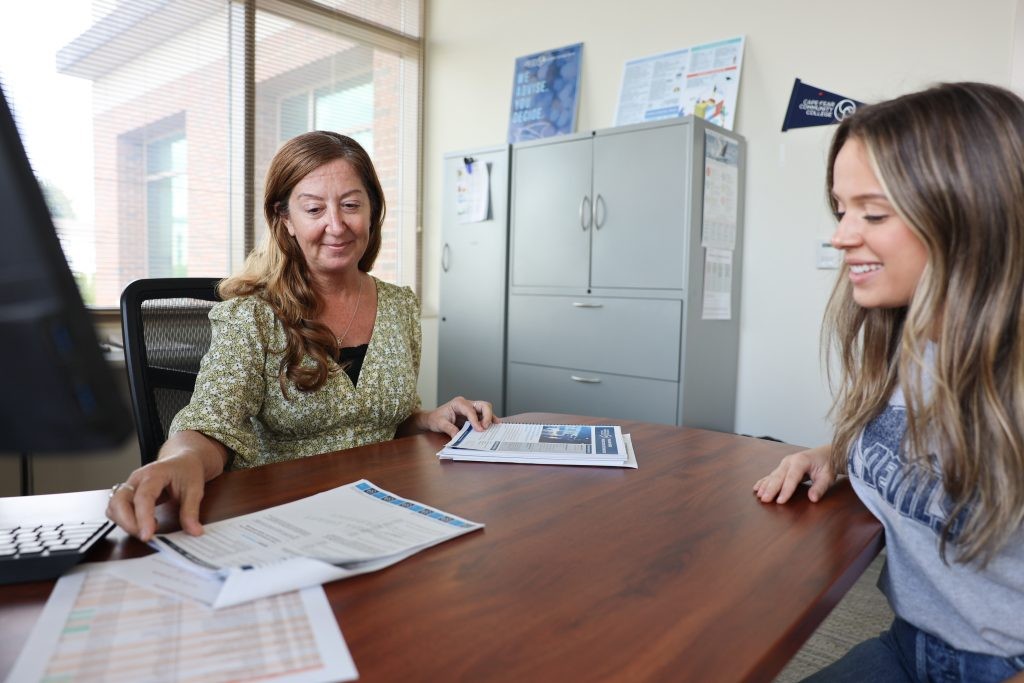Understanding the distinction between a job and a career is crucial for navigating your professional path. While both terms relate to employment, they represent different levels of commitment, purpose, and long-term growth. A job, as defined by Dictionary.com, is simply a “post of employment.” In contrast, a career is described as “an occupation or profession, especially one requiring special training followed as one’s lifework.” But what does this difference truly mean for you and your future?
To delve deeper into this, consider these points to help you differentiate between your current job and a potential career, and how to potentially transform one into the other.
Evaluating Your Current Role: Job or Stepping Stone?
Firstly, reflect on your perception of your present employment. Do you view your current position merely as a temporary means to an end? Is it primarily a source of income to support you while you are in education, undergoing career training, or still exploring your desired career path? There is absolutely no issue if your current work serves this purpose. Many individuals begin their professional journey with jobs that are not intended to be long-term careers.
Perhaps you are working in roles such as a server in the hospitality industry, a retail associate, or assisting tradespeople like electricians or plumbers. These jobs can be invaluable springboards. They can offer pathways into careers such as culinary arts, hospitality management, business administration, or becoming a licensed trades professional. It’s important to recognize that every fulfilling career starts somewhere, and often, it begins with a job.
Identifying Enjoyable Aspects of Your Work
Secondly, even if your current job doesn’t seem like career material, consider what aspects of it you genuinely enjoy. Are you energized by interacting with people? Do you find satisfaction in working with your hands and creating tangible results? Or are you stimulated by problem-solving and overcoming challenges?
Understanding your preferences and what you like doing is fundamental in selecting a fulfilling career path. Take time to analyze your current job and pinpoint the elements that resonate with you. This self-reflection can illuminate your inherent interests and talents, guiding you towards more suitable career options. If you need assistance in uncovering your interests, the O*NET Interest Profiler is a helpful online tool. This resource poses questions about various work activities and gauges your reactions to help suggest potential careers that align with your interests.
Considering Compensation and Career Investment
Thirdly, while passion is crucial, the financial aspect of a career is also significant. Finding a career that you are passionate about becomes even more rewarding when it provides a comfortable and sustainable income. While job satisfaction is important, ensure your career choice can meet your financial needs and lifestyle aspirations.
The U.S. Bureau of Labor Statistics (BLS) is an excellent resource for researching average salaries and the necessary education or training for different career paths. Think of your education and training as an investment in your future career. Consider the return on investment (ROI) – how much time and financial resources are you prepared to invest in your career development? You might be surprised to find that quality, career-focused education may be more accessible and affordable than you initially thought. For example, community colleges like CFCC offer short-term programs designed to prepare you for the workforce in a matter of weeks, providing a quicker route to a new career.
Taking the First Steps in Career Planning
Planning your career is a proactive step towards long-term professional fulfillment. CFCC provides a comprehensive suite of tools and resources to help you initiate or revitalize your career journey. They offer services encompassing career exploration, personalized coaching, resume building, interview skills training, and job search support. Career Development Coordinator Gina Mecca and Career Counselor Stephanie Bolstad are dedicated professionals ready to assist you in navigating your career path. Utilize resources like CFCC Career Development to take control of your professional future and move from just having a job to building a rewarding and sustainable career.


